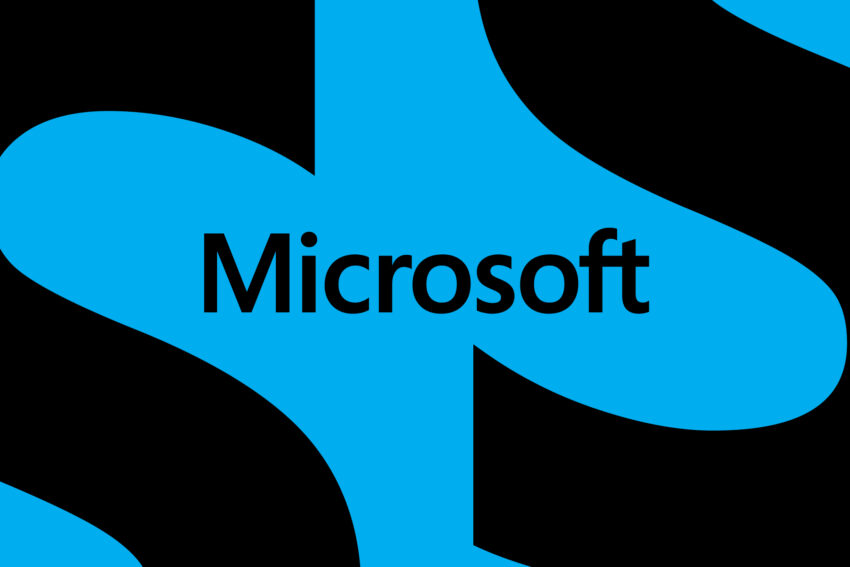
microsoft ai says it ll make superintelligent Microsoft AI has announced its commitment to developing a form of superintelligent AI that prioritizes human welfare and safety.
microsoft ai says it ll make superintelligent
Introduction to Humanist Superintelligence
In a recent blog post, Mustafa Suleyman, the head of Microsoft AI, articulated the company’s vision for a new type of superintelligence, which he refers to as “humanist superintelligence.” This initiative aims to ensure that AI technologies remain beneficial and supportive to humanity, rather than becoming autonomous entities that could pose risks. Suleyman’s remarks come at a time when the conversation around artificial general intelligence (AGI) is intensifying, particularly with the ongoing competition between tech giants like Microsoft and OpenAI.
The Formation of a Dedicated Team
To spearhead this ambitious project, Microsoft AI has established a specialized team focused on the development of humanist superintelligence. This team is tasked with creating AI systems that are designed specifically to serve human needs and values. Suleyman emphasized that the goal is to keep humans “at the top of the food chain,” suggesting a deliberate effort to ensure that AI remains a tool for human enhancement rather than a potential threat.
Defining Humanist Superintelligence
Suleyman outlined a clear distinction between the type of superintelligence Microsoft aims to develop and the more traditional notions of AGI. He stated that humanist superintelligence will not be “an unbounded and unlimited entity with high degrees of autonomy.” Instead, it will be “carefully calibrated, contextualized, within limits.” This approach reflects a growing awareness of the ethical implications of AI development and the need for responsible governance in the field.
Context of AI Development
The announcement comes on the heels of significant advancements in AI technologies, particularly in the realms of text, voice, and image generation. Microsoft AI, under Suleyman’s leadership, has recently launched its first in-house models, marking a pivotal moment in the company’s AI journey. Suleyman, who joined Microsoft last year, has been instrumental in shaping the company’s AI strategy, focusing on ethical considerations and human-centric design.
The Race to AGI
While Suleyman’s blog post asserts that Microsoft AI will “reject narratives about a race to AGI,” the competitive landscape suggests otherwise. Microsoft has entered into a new agreement with OpenAI that allows it to “independently pursue AGI alone or in partnership with third parties.” This development has raised questions about the implications of such a partnership, particularly regarding intellectual property rights and the potential for innovation.
As noted by industry observers, Microsoft is legally positioned to utilize OpenAI’s intellectual property to develop its own AGI. This legal framework could intensify the competition between the two companies, as both seek to establish themselves as leaders in the AI space. The implications of this rivalry extend beyond corporate interests; they touch on broader societal concerns about the ethical use of AI and the potential consequences of unchecked technological advancement.
Applications of Humanist Superintelligence
Suleyman outlined three primary applications for the envisioned humanist superintelligence, each aimed at enhancing human capabilities and addressing pressing societal challenges.
AI Companionship
One of the key applications is the development of AI companions designed to assist individuals in various aspects of their lives. These AI systems will aim to help users “learn, act, be productive, and feel supported.” The concept of AI companionship has gained traction in recent years, particularly as people increasingly seek technology that can provide emotional support and enhance their daily experiences. By focusing on companionship, Microsoft AI aims to create systems that are not only functional but also empathetic and responsive to human emotions.
Healthcare Assistance
Another significant application of humanist superintelligence is in the healthcare sector. AI has the potential to revolutionize healthcare by providing personalized treatment recommendations, streamlining administrative processes, and enhancing patient care. Suleyman envisions AI systems that can assist healthcare professionals in making informed decisions, ultimately leading to better patient outcomes. This aligns with a growing trend in the industry, where AI is being leveraged to analyze vast amounts of medical data and identify patterns that can inform treatment strategies.
Scientific Breakthroughs in Clean Energy
Lastly, Suleyman highlighted the potential for humanist superintelligence to drive “new scientific breakthroughs” in clean energy. As the world grapples with the challenges of climate change and the need for sustainable energy solutions, AI can play a crucial role in optimizing energy systems, improving efficiency, and accelerating the development of renewable energy technologies. By harnessing the power of AI, Microsoft aims to contribute to a more sustainable future while ensuring that technological advancements align with human values.
Ethical Considerations and Stakeholder Reactions
The development of humanist superintelligence raises important ethical questions that stakeholders must address. As AI technologies become increasingly integrated into daily life, concerns about privacy, security, and the potential for misuse are paramount. Suleyman’s emphasis on keeping humans at the center of AI development reflects a growing recognition of these challenges.
Industry Perspectives
Reactions from industry experts and stakeholders have been mixed. Some view Microsoft’s commitment to humanist superintelligence as a positive step toward responsible AI development. They argue that prioritizing human welfare can help mitigate the risks associated with advanced AI systems. Others, however, remain skeptical, questioning whether such a vision can be realistically achieved in a competitive landscape driven by rapid technological advancement.
Public Concerns
The public’s perception of AI is also evolving. As awareness of AI’s capabilities and limitations grows, so too does concern about its implications for society. Many individuals worry about the potential for job displacement, privacy violations, and the ethical use of AI in decision-making processes. Microsoft’s focus on humanist superintelligence may resonate with those who seek reassurance that technology will be developed with humanity’s best interests in mind.
Conclusion
Microsoft AI’s vision for humanist superintelligence represents a significant shift in the approach to AI development. By prioritizing human welfare and establishing clear boundaries for AI capabilities, the company aims to create systems that enhance human life rather than threaten it. As the competition for AGI intensifies, the implications of this vision will be closely watched by industry stakeholders, policymakers, and the public alike. The success of this initiative will depend not only on technological advancements but also on the ethical frameworks that guide AI development in the years to come.
Source: Original report
Was this helpful?
Last Modified: November 7, 2025 at 12:40 am
2 views















